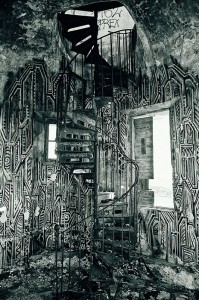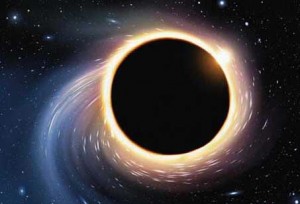This poem is an interpretation of Charles V. Feree’s journal describing his experiences liberating Jewish concentration camps during WWII. It describes the liberator’s experience as well as describing what it means to truly remember. My poem also serves as a tribute to those who lost their lives fighting for the freedom of their native countries.

The Jewish people celebrating their liberation.
Source: http://www.nodakoutdoors.com/forums/viewtopic.php?t=99452
We arrived at the gates
The air heavy with the smell of gas and flesh
Infiltrating my mind, overwhelming my senses.
My eyes search the area.
Sounds of speeding bullets go off in my head.
I do not budge.
For I am motionless,
Paralyzed by the sights beginning to appear before me.
Supressing the fear churning my stomach, I enter.
Skeletons piled high, bodies on either side,
Some move slowly, others can only stare,
As we search through barracks, separating dead from dying,
Their faces twisted with pain, overflowing with suffering.
They reach out bony arms with gratitude, they are free.
But where to?
Their families have been taken, massacred, by the uniformed men.
Some seek revenge, some cannot move,
Some try to forget, others try to remember.
Remember those who were not given a chance,
Remember those whose lives were taken away,
Remember those who lost treasured family,
Remember those who are no longer able to forget.
For should we forget, we forget an important lesson.
One that reminds us of our past.
A past that we must not repeat.
And for that we remember.
+ 10
-3
-1) (2
+ 3)
+ 3)




